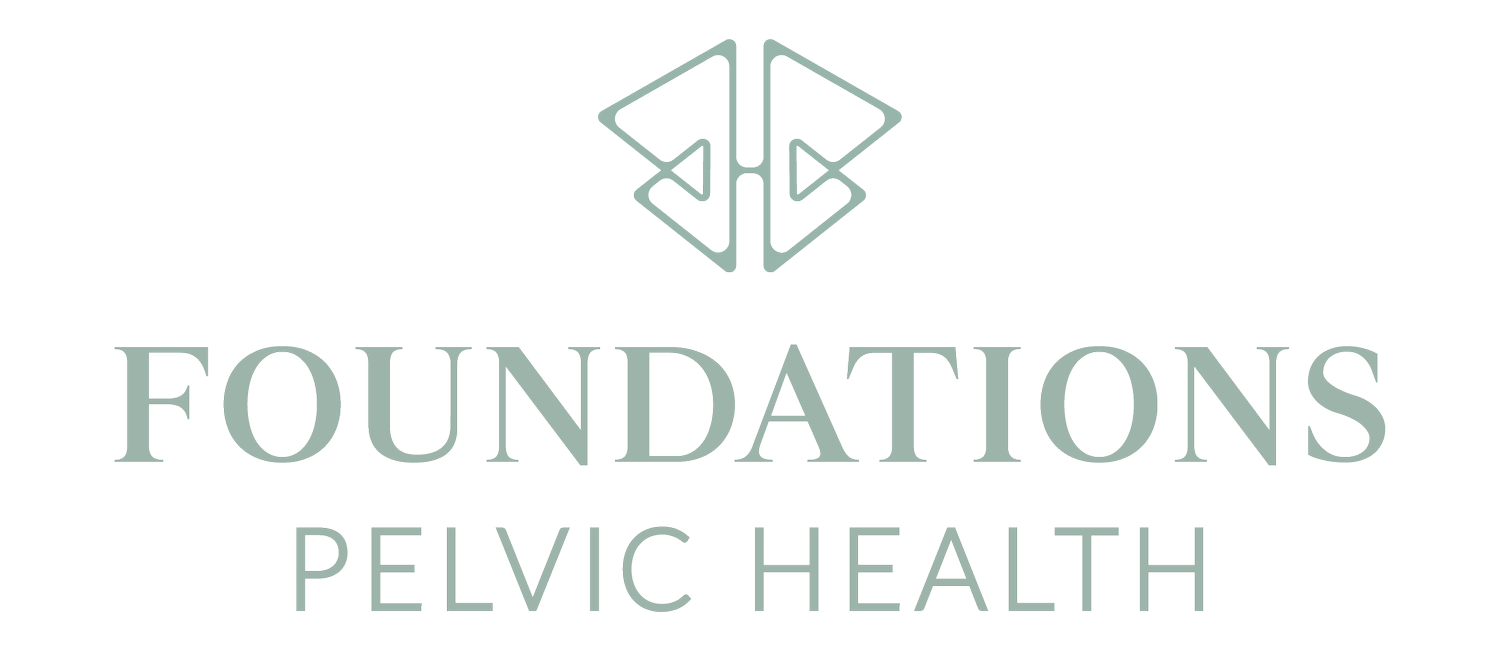Live, Laugh, Love (to No More Leaking): Reclaiming confidence with Pelvic Floor Therapy
At Foundations Pelvic Health, we are a team of perinatal and pelvic floor therapy specialists in Boston. We help women through all phases of life and provide solutions to all of your pelvic floor issues.
Urinary leakage is a common issue for many women - about 1 in 3 women will experience some form of urinary incontinence in their lives. While this issue is common, it doesn’t mean it’s something you have to live with. Pelvic floor physical therapy can offer effective solutions to help manage and alleviate symptoms to help get back to doing all the things you love to do while staying dry!
Types of Urinary Incontinence
There are three main types of leaking that women may experience:
1. Urge Urinary Incontinence (UUI)
Urge incontinence is characterized by a sudden and intense urge to urinate, which can be difficult to control. This often leads to accidents before you can make it to the bathroom. Common signs of urge incontinence include:
Unable to get to the bathroom in time
Struggling to remove clothing quickly enough and leaking a few drops or total loss of control
Leaking when getting home and unlocking your front door
2. Stress Urinary Incontinence (SUI)
Stress incontinence occurs when increased pressure on the pelvic floor causes leakage. This pressure can be sudden or repetitive over time. Common triggers include:
Coughing
Sneezing
Laughing
Jumping
Running
Heavy lifting
3. Mixed Incontinence
Mixed incontinence is when a person experiences both urge and stress incontinence. This means they have symptoms of both types mentioned above.
How Pelvic Floor Physical Therapy Can Help
Pelvic floor physical therapy is a highly effective treatment option for urinary incontinence. Depending on the type of leaking and the results of your pelvic floor assessment, therapy may focus on one or more of the following:
Relaxing the pelvic floor muscles
Strengthening the pelvic floor muscles
A combination of both techniques
Specific Treatment Approaches:
For Urge Incontinence: Treatment often involves behavioral modifications, such as tracking your bladder habits through a bladder diary and creating a voiding schedule to retrain your bladder. We will also review optimal bladder habits to make sure you’re keeping your bladder happy at baseline.
For Stress Incontinence: The focus will be on gradually increasing the load on your pelvic floor muscles to retrain them for better control during activities that induce pressure (e.g., coughing, laughing, or lifting). This may include targeted pelvic floor and full-body exercises, impact assessments with high-impact exercises, and progressively challenging you with increased weight, reps, endurance or impact with your exercises. There may also be some behavioral factors to address.
Take Control of Your Leaking
Don’t let leakage prevent you from enjoying life to the fullest! Whether it’s laughing without worry or jumping on the trampoline with your kids, we can help you stay dry and active. Reach out to schedule with one of our Boston pelvic floor PTs today and take the first step towards a more confident you!
